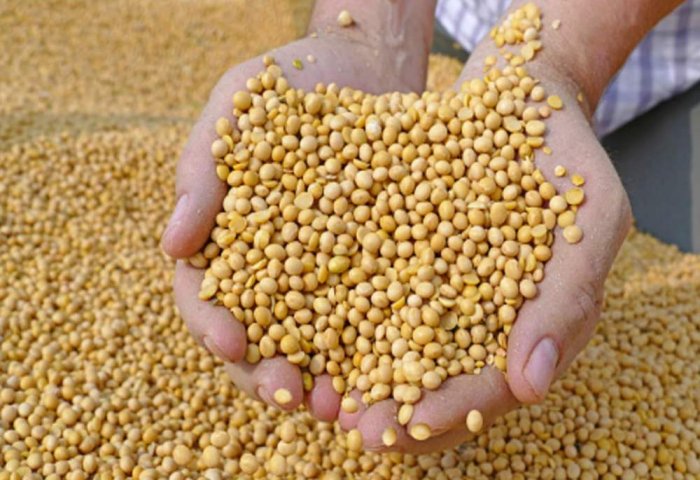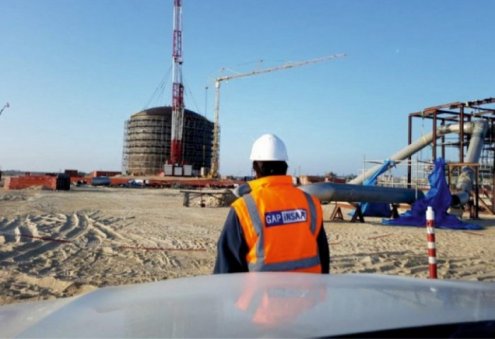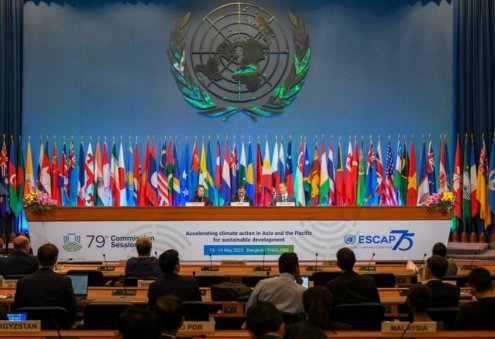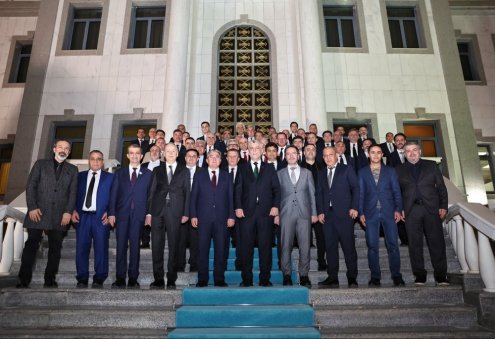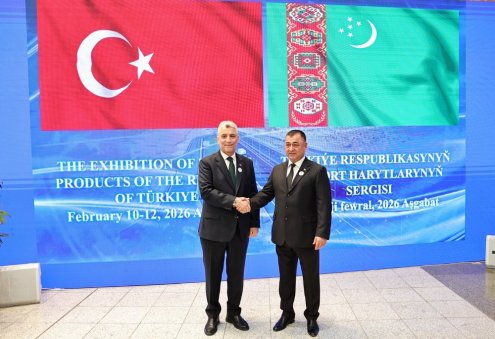Research and Production Center of the Turkmen Agricultural Institute, located in Dashoguz city in the northern Turkmenistan, carries out the selection work to create high-yielding, disease-resistant, new types of leguminous crops adapted to the soil and climatic conditions of the country.
To date, the Center’s specialists have developed a new Berkarar soybean variety, which is well suited for cultivation in the soil and climatic conditions of the country's regions. Its growing period is 120–125 days, the average oil content is 18–20%, and the protein content is 35–37%.
Tests have shown that this variety is resistant to drought. The height of the plant under different climatic conditions varies from 77 to 85 centimeters and the weight of 1000 grains reaches 126–134 grams. The yield of a variety in competitive variety testing on average over the past three years amounted to 32 centners per hectare, which turned out to be 7.9 kg/ha higher compared to the Karakum variety.
The new variety was delivered to the State Seed and Variety Testing Service of Turkmenistan for official testing. The procedure, which lasts 1-3 years, is a prerequisite for the zoning of a new variety.
Soybean grows in spring and summer. After obtaining oil and proteins from them, the remains of the peel of soybean seeds are used in the preparation of feed for livestock and poultry.

